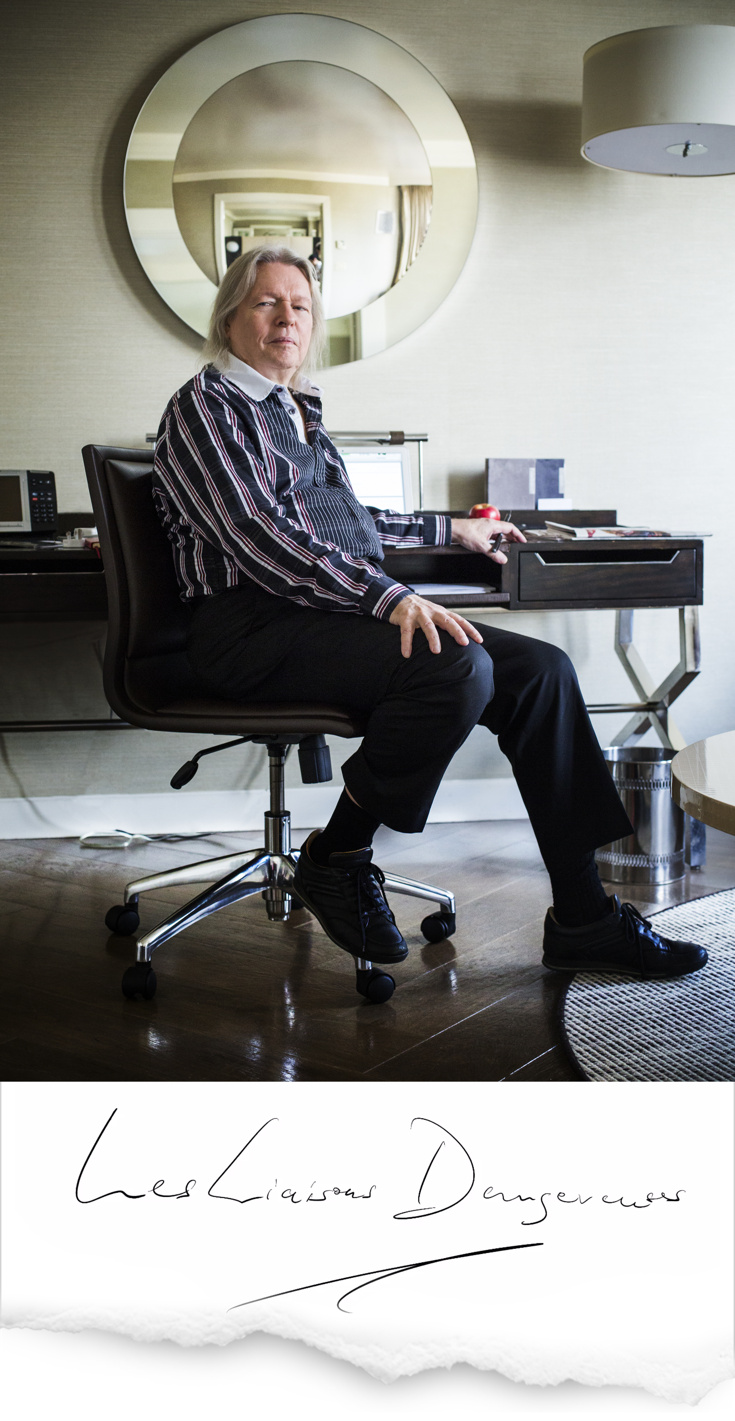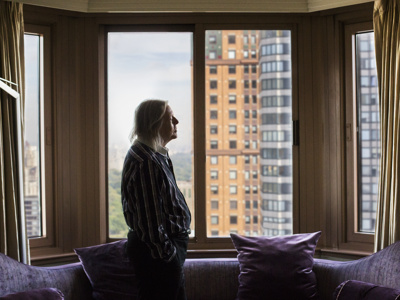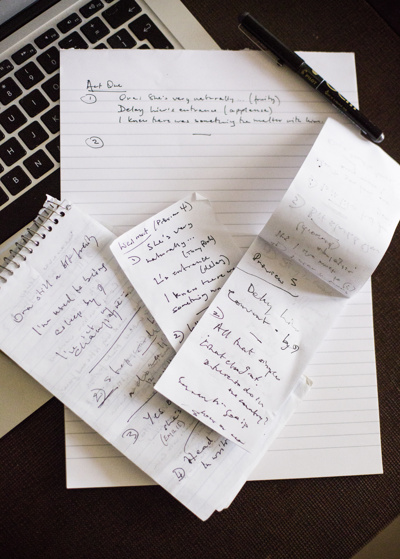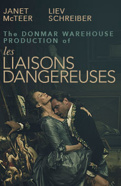Les Liaisons Dangereuses Scribe Christopher Hampton Shares His Inspiration, Favorite Lines & Secret to Being Prolific


(Photo: Caitlin McNaney)
Christopher Hampton is an award-winning writer, screenwriter, director and producer. He is perhaps most famous for his play Les Liaisons Dangereuses (based on the novel by Pierre Choderlos de Laclos), which won an Olivier Award in 1986. He adapted the play for film and won an Oscar for the screenplay. In addition to Les Liaisons Dangereuses, his many plays include The Talking Cure, White Chameleon, Tales from Hollywood, Treats, Savages and Total Eclipse. Hampton won two Tony Awards for the book and score (he co-wrote the lyrics with Don Black) for Sunset Boulevard, winning Tony Awards in both categories. He has translated a wide range of works including classics by Chekhov, Ibsen and Moliere as well as contemporary plays by Yasmina Reza (Art, God of Carnage) and Florian Zeller (The Father). His long list of screenplays includes The Quiet American, Mary Reilly, Carrington, The Secret Agent and Atonement. As the newest Broadway revival of Les Liaisons Dangereuses readies for its opening night, Hampton took a break from rehearsals to welcome Broadway.com to his hotel, where he chatted about being prolific and his writing process.
What time of day do you get your best work done?
I usually work in the afternoons, which I think is unusual. I spend the morning looking at yesterday's work and correcting it and dealing with whatever I have to deal with. Then I generally settle down to write between two and three in the afternoon. I write for four or five hours.

Where do you like to write?
I can write anywhere. I used to for many years write a lot of my work in hotel rooms, which I found congenial to the process of isolation which you need. But I have various [places]: I have an office with a room where I write; I have a room at home where I can write, and I have a place in the country, which is at the moment proving the most efficient place of all to write.
What piece of writing changed your life?

What obsesses you as a writer?
I don't know if there is any one thing that you find obsessional as a writer. You need to be obsessional, but I'm generally just obsessional about the particular piece of work that I'm doing at the moment. Maybe that's significant because one of the things I've tried to do all my writing life is to choose a very wide variety of subjects, so I'm not really going down a groove or writing or perfecting the same themes over and over again. I'm looking for something completely different every time I start again. Each time you have to become involved in a different world in a different universe of those characters, so that's what you get obsessed with.
You've written such a wide array of mediums and genres, what do you find most gratifying of theater in particular?
I think what I love about the theater is that it's new every night. With movies— when it's done, it's an object. Like a book, there's nothing you can do to it. Whereas plays relate to their time in different ways every time that it's done. Different actors and discover different facets of the piece. So, it's always really exciting to go back into the theater with an old play because this lot of actors and this director are going to find something new in it—something that relates to the world that's now rather than 30 years ago when I wrote the play.

Going back in time, what made you decide that Les Liaisons Dangereuses would be something you would adapt for the stage?
I loved the book [by Pierre Choderlos de Laclos] when I first read it. I used to reread it; I thought it was just tremendously psychologically acute and informative about sex as well as the society in which those people lived. It's difficult to write a play from this book because the two characters never meet: they write letters to one another, so I had to really reconfigure the book and reimagine it before I could write it. The difficulty of that process discouraged a lot of theaters. In the end, I wrote the play for the Royal Shakespeare Company because they gave me a blind commission and said I could write what I liked.
Which writers have inspired you?

What's the secret to being so prolific?
Sitting down every day and writing is the secret to being prolific. There isn't a secret. Actually, my work rate has increased exponentially as I've gotten older. When I started in my twenties, I would write a play and then spend a lot of time thinking about what the next play was going to be and then write that. I would produce a play every couple of years. Now I regularly take on three or four things at once. I find each thing that you're doing either refreshes or contrasts with whatever else you're doing. I don't work on two things at once in the same day, but I can work on something for a day or two and work on something else for a day or two. I find that a very invigorating process.
What's something aspiring playwrights should know, do or see?
What I think playwrights should know before they go into the theater is they have to be flexible. You cannot have too rigid an idea how your play is going to be. Good actors will bring to the piece elements that you didn't even imagine yourself and deepen the whole thing in that way. If you're too defensive during the rehearsal process, which is a process of experimentation, or if you're too fixated on what you originally thought, you will lose one of the great treasures of the theater, which is collaborative discovery. I think often young writers have such a vivid idea of what it is they want on the stage, they're not very open to the interaction of others. On the other hand, in my view, there's much too much workshopping of plays and bullying of playwrights to follow various templates of success, and that should be resisted.So stick to your vision but don't insist on the detail until you've seen what the actors and directors can do with it.
What's your favorite line in Les Liaisons Dangereuses?

